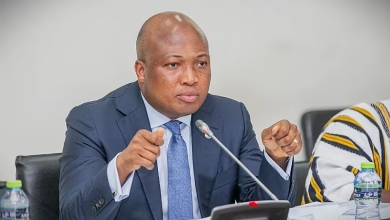On Wednesday, the World Health Organization (WHO) elevated the mpox outbreak in Africa to the status of a global health emergency.
This decision comes amid escalating concerns that a more virulent strain of the virus, known as clade Ib, has spread to four new provinces in Africa that were previously unaffected.
This strain was previously confined to the Democratic Republic of Congo.
The WHO’s emergency mpox committee convened virtually to assess the situation and advise WHO Director-General Tedros Adhanom Ghebreyesus. Following their consultation, Ghebreyesus announced the declaration of a Public Health Emergency of International Concern (PHEIC), the highest level of international health alert.
A PHEIC is reserved for extraordinary events that present a significant risk to global health through international disease spread, necessitating a coordinated international response. The Africa Centres for Disease Control and Prevention (Africa CDC) had already declared the outbreak a public health emergency of continental security the day before, marking its first such declaration since the agency’s founding in 2017.
As of this year, over 17,000 cases and more than 500 deaths have been reported across 13 African countries, with the Democratic Republic of Congo alone accounting for over 14,000 cases and 96% of this month’s confirmed cases. The outbreak is classified as a “very high risk event” by the Africa CDC.
Mpox, previously known as monkeypox, is a viral disease transmitted through close physical contact and contaminated materials. It is marked by symptoms such as fever, rash, headache, muscle pain, fatigue, and swollen lymph nodes.
The disease, which had primarily affected Central and West Africa, began spreading to Europe and North America in 2022. The WHO had previously declared mpox a global health emergency in July 2022 but lifted the designation in May 2023.
Mpox is categorized into two genetic clades, I and II, with clade Ib being more transmissible and associated with more severe disease.
WHO officials have expressed confidence that the outbreak can be managed effectively with timely and appropriate actions. The organization is calling for increased international cooperation in financing and implementing control measures.
To support the response, the WHO has approved an Emergency Use Listing for mpox vaccines and developed a regional response plan requiring $15 million, with $1.45 million already allocated from the WHO Contingency Fund for Emergencies.
